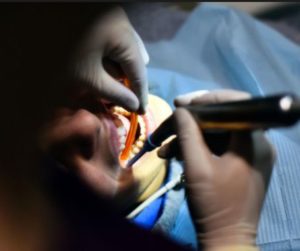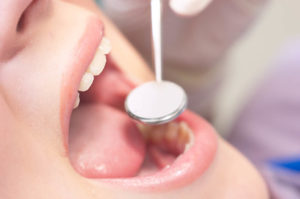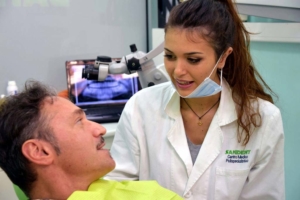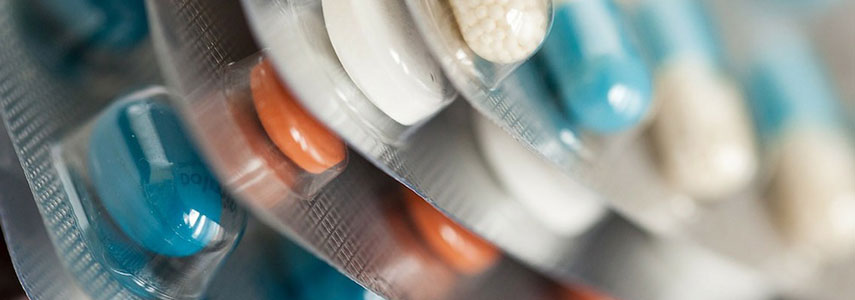Overuse of antibiotics is a global problem, as it is increasingly common for drug-resistant strains of bacteria to develop.
It is estimated that dentists prescribe about 10% of antibiotics administered for primary care, which is why it is essential to assess in which cases they are actually indispensable.
Types of antibiotics used in dentistry
 A recent analysis published in the International Endodontic Journal has collected in a single study the indications reported in the scientific literature on the prescription of antibiotics in endodontic therapies.
A recent analysis published in the International Endodontic Journal has collected in a single study the indications reported in the scientific literature on the prescription of antibiotics in endodontic therapies.
Usually, broad-spectrum antibiotic therapies are administered in dentistry, because it is not a common practice to identify the microorganisms responsible for caries.
The most frequently prescribed antibiotic is amoxicillin, a broad-spectrum antibiotic characterized by:
- antibacterial efficacy;
- low incidence of resistance;
- excellent pharmacokinetic profile (few side effects);
- good tolerance;
- low dosage.
Other antibiotic drugs used in dentistry are:
- Clindamycin;
- Clarithromycin;
- Azithromycin;
- Metronidazole.
Endodontics: when antibiotics are needed
The prescription of an antibiotic is necessary in the following cases:
- Acute periapical abscess in patients with systemic diseases;

- Acute periapical abscess with localized swelling, high body temperature > 38 ° C; general malaise; lockjaw; lindoadenopatia;
- Progressive infection with rapid development (in less than 24 h);
- Persistent infection.
Antibiotic prescription is not required when:
- irreversible pulpitis;
- necrotic pulps and localized acute apical abscesses.
In the common root canal treatments the topical antibiotic does not reduce pain or swelling, in fact it also has the contraindication to bleach the enamel, it is more appropriate to use calcium hydroxide.
Dental trauma: prescription of the antibiotic
In cases of traumatic events involving the teeth, the prescription of the antibiotic is necessary only for the reimplantation of the avulsed tooth.
In particular, in cases of avulsion, the use of a topical antibiotic is more effective than a systemic antibiotic. The topical application of the antibiotic is in fact preparatory to the re-implantation of the tooth itself.
While the antibiotic is not necessary for the following dental trauma:
- Fracture of the tooth;
- extortion;
- Permanent tooth dislocation;
- Extrusion.
Conclusions
 Although the prescription of antibiotics is also linked to individual clinical cases and to the general health conditions of the patient, in order to avoid the development of new resistant bacterial strains, it would be advisable to limit themselves to administering these drugs only in strictly necessary cases.
Although the prescription of antibiotics is also linked to individual clinical cases and to the general health conditions of the patient, in order to avoid the development of new resistant bacterial strains, it would be advisable to limit themselves to administering these drugs only in strictly necessary cases.
In these cases, establishing a relationship of trust with your dentist is very important, because it allows the doctor to evaluate the pharmacological therapies in relation to the patient’s clinical history with great advantage for the patient himself in terms of reliability and safety.
















